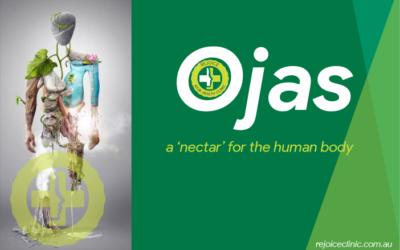Ayurveda
Ayurveda Clinic in Melbourne, Truganina
Ayurveda
Ayurveda, originating in the Indian subcontinent, is one of the world’s oldest surviving healthcare systems. Derived from the Sanskrit words “Ayus” (life) and “Veda” (knowledge), it translates to the “Science of Life.” Its roots trace back to ancient Indian sages, with foundational texts within the Vedas, notably the Atharvaveda, dating between 1200 and 700 BC. Subsequent treatises, such as the Charaka Samhita (internal medicine) and Sushruta Samhita (surgery), further codified its principles.
Historical records indicate Ayurvedic practice predates 400 BC, with its knowledge disseminating through Buddhist pilgrimages to regions including China, Sri Lanka, Korea, Tibet, and Mongolia. Scholars from Persia, Afghanistan, Egypt, and other nations also sought Ayurvedic wisdom in India. Evidence suggests its presence during the Indus Valley civilisation (circa 3000 BC), evidenced by the advanced hygiene systems of Harappa and Mohenjo-daro.
Ayurveda employs natural herbs, plants, and therapies to promote holistic well-being, addressing both common and complex ailments. It emphasises the interconnectedness of body, mind, and spirit, advocating for a balanced lifestyle to achieve longevity and vibrant health.
“Hita Hitam Sukham Dukham Ayustasya Hita Hitam
Manam cha thacha yatrokatam ayurveda sa uchayate”
It means “Science is designated as Ayurveda, where advantageous and disadvantageous, as well as happiness and unhappiness states of life, along with what is good and bad for life, its measurement and life itself are described.
Ayurveda, a traditional Indian system of medicine, prioritises disease prevention, treatment, and longevity through holistic lifestyle practices. It aims to restore equilibrium by addressing the root causes of imbalances, rather than merely treating symptoms.
Key objectives of Ayurveda include:
- Swasthasya Swathya Rakshnam: Maintaining the health of healthy individuals.
- Aturasya Vikaar Prashamanam: Curing the diseases of those who are ill.
Ayurveda emphasises the significance of diet, sleep, and lifestyle in achieving optimal health. It posits that proper nutrition supports cellular regeneration and physiological function, while also influencing mental well-being.
Ayurvedic treatments adopt a comprehensive approach, considering the individual as a whole. Maintaining a balanced diet, regular sleep patterns, and efficient digestion are considered fundamental for physiological stability. The system recognizes three primary life forces, or doshas—Vata, Pitta, and Kapha—and emphasizes their equilibrium for optimal physical, mental, and emotional health.
Who needs Ayurveda therapy? Ayurvedic therapies, encompassing herbal remedies and rejuvenation techniques, facilitate the integration of body, mind, and spirit, restoring dosha balance. These therapies are beneficial for individuals seeking to mitigate the effects of seasonal and life-stage changes, as well as those with specific health concerns.
Body Constitution
- Vata Type Symptoms: dryness in vagina, dry skin, extremities get cold, anxiety, difficulty in getting sleep, mild to variable hot flushes (Invariable), panic, nervousness, mood swings, palpitations, bloating and constipation
- Pitta Type Symptoms: Short temper, night sweats, excess hot flushes, extremely heavy periods with burning sensation, skin rashes, associated complaints such as UTI urianary track infection).
- Kapha Type Symptoms: Weight gain, lethargy, heavy, lack of motivation, depression, diabetes, hormonal changes such as Thyroid malfunction, fibrocystic changes in uterus or in the breast and excessive fluid retention.



